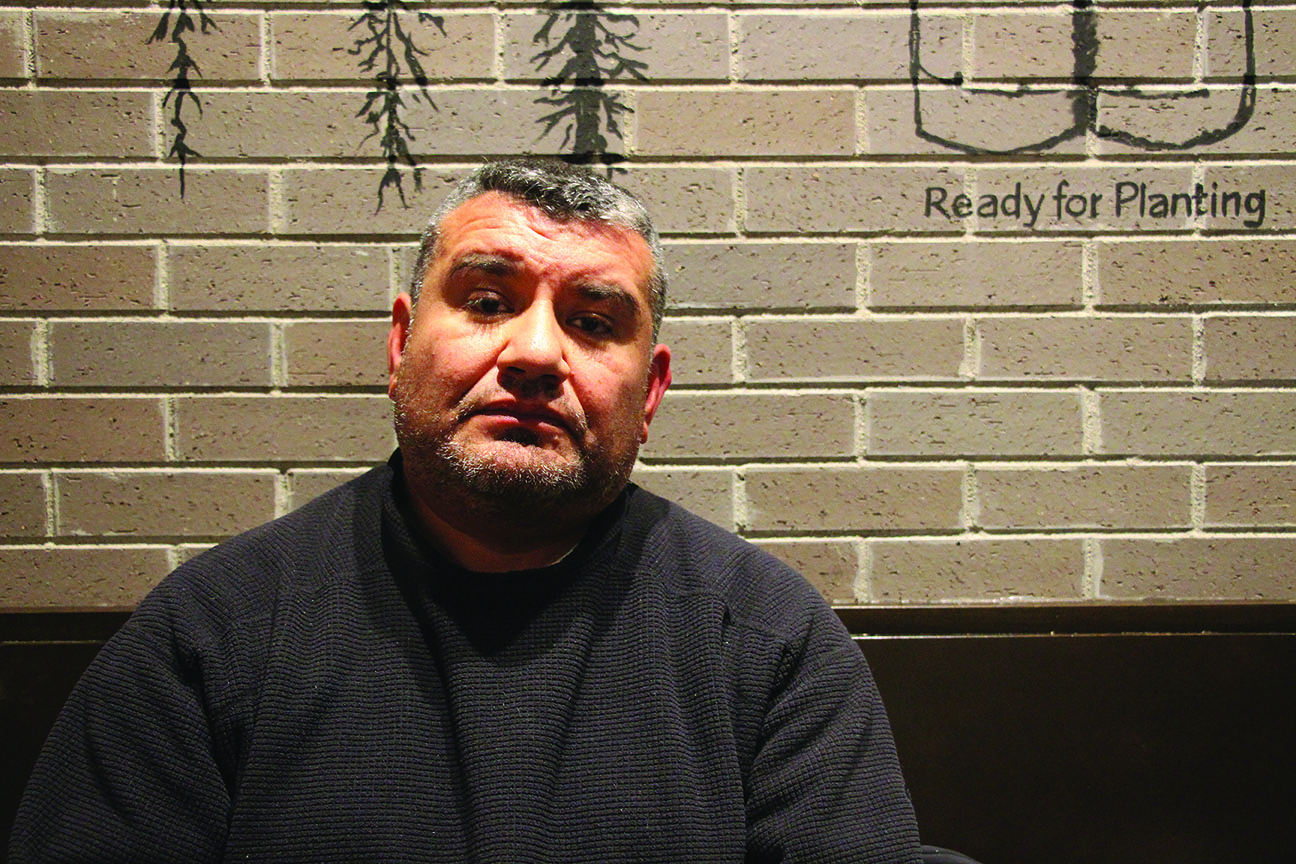Lawyers snorting cocaine, family murder-suicide by a police officer, physician found dead with a self-inflicted gunshot wound and paramedics drunk on the job. These are the stories of how people in challenging professions deal with, or don’t deal with, stress.
Burnout is frequent, yet many people are so dedicated to their professions that they hide their troubles until a mental illness develops. This can slowly diminish quality of life and, in some cases, end it.
The American Medical Association estimates 50 percent of physicians experience symptoms of job burnout, given such stressors as long hours, the demands of patient care and the mounting bureaucracy associated with insurance and malpractice.
In a 2016 survey of 2,000 U.S. physicians, nearly half reported they believed they met the criteria for a mental health disorder but had not sought treatment, worrying that the stigma could compromise patient relationships and board licensing, according to the Washington Post. This is reflective of people in many professions who think their careers are at stake if they signal there might be an issue with their mental well-being.
“My supervisor gave me grief for going to a stress-management class offered by our department,” said Rodolfo Gomez, 51, a Chicago police officer.
Whether employers choose to deal with the issue or not, it is very real. The National Institute of Mental Health estimated that 18 percent of the U.S. workforce last year reported having a mental health condition, which often led to addictive or reckless behaviors and, on occasion, fatal decisions.
“A friend and colleague of mine killed his family and committed suicide. It was really sad,” said Gomez, who works in a police station environment where dark humor, taunting and machismo attitudes can make it difficult to talk about emotional trauma.
Often, the job puts a lot of stress on officers who have to maintain a tough exterior, even as internally they’re dealing with the pressures of providing for their families, the potential for injury and the threat of unwanted media attention.
The Chicago Police Department’s suicide rate is 60 percent higher than the national average of 18.1 law enforcement suicides per 100,000, according to the Chicago Tribune.
Even so, such readily available resources as the Chaplain Ministry and anonymous help hotlines often tend to go unused because officers fear for their reputations.
There are efforts being made in many career fields to change this status quo of silence. Earlier this year, for instance, the CPD began to require that officers participate in the Employee Assistance Program for at least 30 days if they had been involved in a stressful incident, such as a shooting. EAPs offer services and benefits — ranging from counseling to treatment — to employees with workplace or personal issues.
It is hard for companies to escape what is at stake financially, considering that U.S. businesses lose $193 billion in earnings annually related to mental health issues in the workplace, according to the National Alliance on Mental Illness. In a 2008 study, depression was found to have more financial impact than such conditions as diabetes and arthritis.
“Some places take a lot more effort to make sure that mental health is a concern than others,” said Griffin Byers, a Loyola instructor and long-time paramedic, addressing differences within the emergency career field.
That’s significant, he added, when considering that first responders’ days are filled with emergency rooms and taking care of people in stressful situations.
Dealing with trauma is one thing, he said, but handling personal trauma can be even trickier. Fifteen to 20 percent of paramedics are estimated to be dealing with post-traumatic stress disorder, according to the Journal of Emergency Medical Services, yet those numbers may be under-reported.
“I try to ask my partner if he is doing okay after a traumatic case. But often times, he doesn’t talk about it,” said Amina Naser, 23, a paramedic and Loyola student.
And that’s counterproductive on several levels, especially when taking into account that articulating and addressing mental health concerns in the workplace can increase productivity by 80 percent, according to the American Psychiatric Association.
Sometimes forgotten in the silence are the laws in place to protect the jobs of those battling mental disorders. The Americans with Disabilities Act prohibits discrimination against individuals with a psychiatric disability and requires accommodations be made unless it can be proved they would cause undue hardship to the employer.
Some companies do more by offering extra benefits aimed at reducing stress. Day trader Ronald Li, 29, said his firm provides access to free massages to help deal with physical tension. Bonus money is also extended, but financial incentives only go so far, according to a fellow trader.
“I wish my boss and colleagues would be more open to conversation about our feelings and ask, ‘How are you?,’ ” the trader said.



